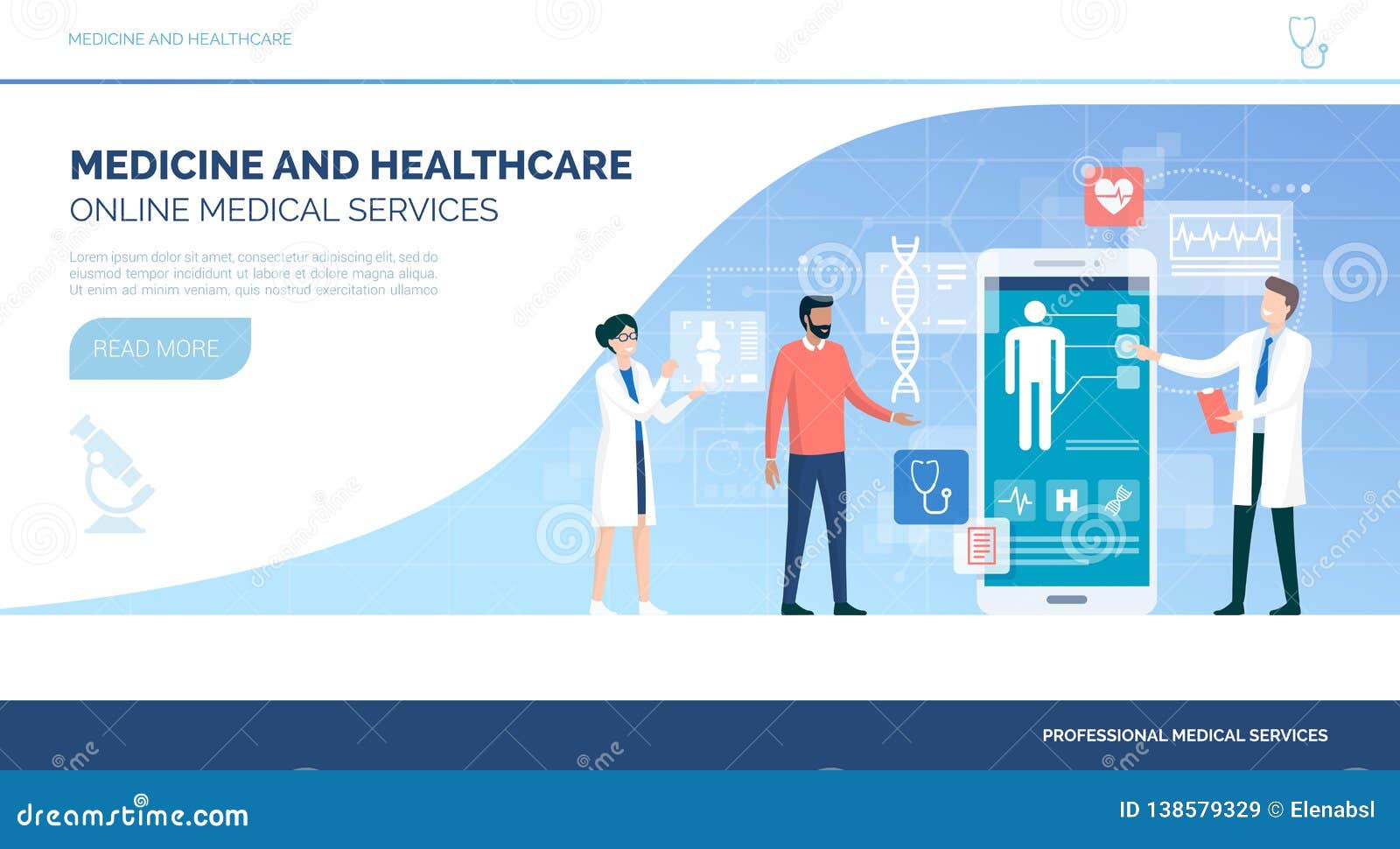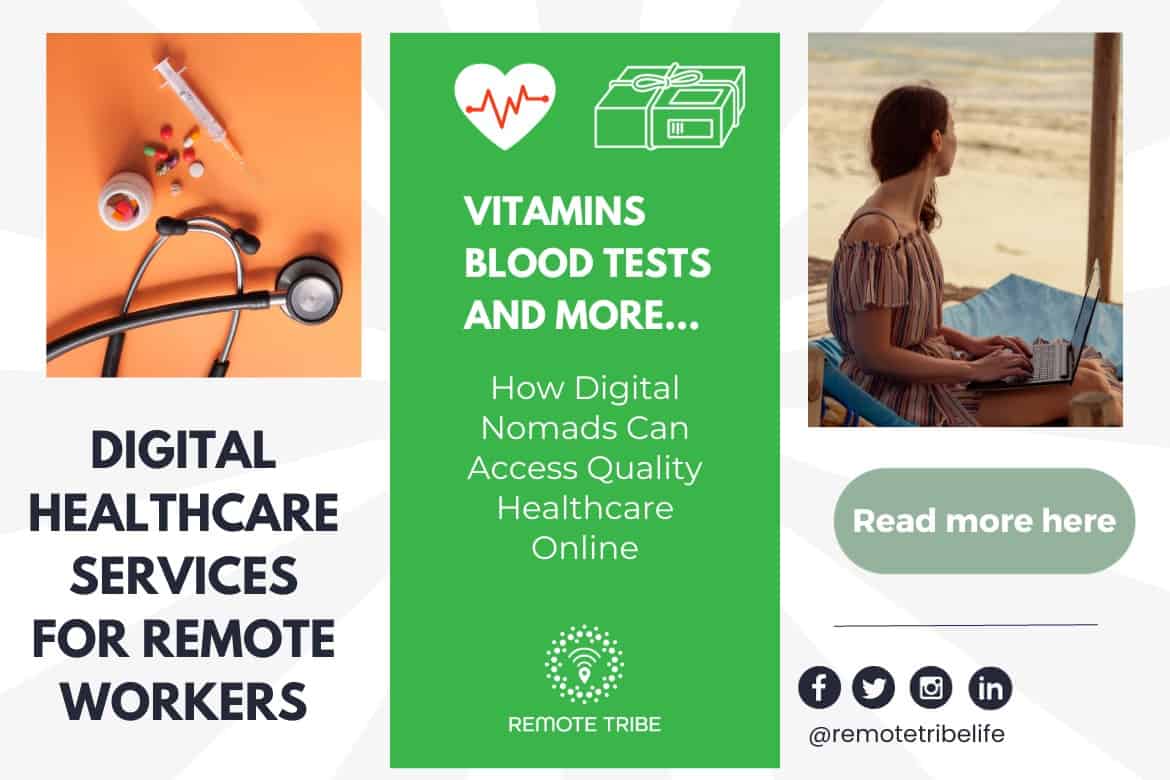The Future of Medication: Checking Out Subscription Based Healthcare Versions
The Future of Medication: Checking Out Subscription Based Healthcare Versions
Blog Article
The Surge of Subscription-Based Medical Care and Its Influence On Patient Care
As medical care develops, the subscription-based version is gaining traction, guaranteeing to change client treatment by supplying predictability and access. The potential for these versions to reshape healthcare distribution elevates pressing concerns about their lasting sustainability and inclusivity. Are these membership solutions the future of healthcare, or do they risk leaving susceptible populations behind?
Recognizing Subscription Health Care Versions
Comprehending the idea of membership health care designs involves checking out a transformative approach to clinical services that emphasizes cost and access. These models, frequently referred to as straight key care (DPC) or concierge medicine, have actually become innovative alternatives to conventional fee-for-service healthcare systems. Registration medical care allows individuals to pay a set month-to-month or yearly cost for a defined collection of clinical services, which may consist of endless workplace brows through, routine exams, and standard laboratory tests, without the demand for conventional insurance policy billing.
The framework of subscription healthcare versions is designed to streamline individual care by eliminating third-party payers and intricate billing codes, therefore minimizing administrative worries. Health care providers can concentrate a lot more on person care, cultivating more powerful patient-provider connections. This design additionally promotes preventative care by motivating normal check outs, as the financial barrier of per-visit charges is removed.
The subscription model typically equips health care suppliers to handle smaller sized client panels, permitting even more personalized treatment. It straightens economic motivations with client wellness results, as service providers are inspired to maintain client satisfaction and wellness. Generally, recognizing registration medical care designs calls for acknowledging their possible to improve just how care is supplied and accessed.
Benefits for People and Service Providers

With a stable revenue stream, health care specialists can dedicate more time to each individual, leading to a more personalized and comprehensive care experience. The focus on preventive treatment within subscription plans can lead to far better person results and decreased lasting medical care costs.
Problems and challenges
While subscription-based health care versions existing many benefits, they also come with a collection of challenges and concerns that should be resolved. This increases moral questions concerning Read Full Article equitable access to medical care services.
Financial sustainability of subscription-based models is another problem. Service providers have to balance the fixed revenue from registrations with the variable costs of healthcare services, which may change because of unanticipated clinical demands. This can create stress to limit services or rise costs, potentially impacting patient contentment and care top quality.
Moreover, regulatory oversight of subscription-based health care models is still advancing. Dealing with these obstacles is critical for the successful and fair application of subscription-based medical care.
Impact on Patient-Doctor Relationships
One considerable impact of subscription-based healthcare models on patient-doctor connections is the capacity for enhanced connection and individualized care. By embracing a subscription model, doctors can manage a smaller client panel, enabling for even more dedicated time with each individual. This increased availability promotes a much deeper understanding of an individual's case history, way of life, and choices, allowing more tailored therapy plans and interventions.

Nevertheless, it is essential to recognize that while subscription-based designs might profit those who can manage them, they might accidentally widen health care differences. Patients that are not able to take part in these models might experience decreased accessibility to customized care, potentially influencing their connections with doctor. Therefore, while the subscription version uses encouraging benefits for patient-doctor relationships, it likewise positions challenges that need to be addressed to make certain equitable health care gain access to.
Future of Healthcare Gain Access To

The function of modern technology can not be forgotten in this transformation. Telemedicine systems and electronic health and wellness records facilitate smooth communication in between patients and health care carriers, breaking down geographical and logistical obstacles. Additionally, innovations in expert system and information analytics can further individualize clinical treatment by forecasting person requirements and maximizing therapy plans.
Nevertheless, the future of healthcare accessibility also presents challenges, such as guaranteeing equity across different socio-economic teams. Policymakers and healthcare carriers need to work together to connect the electronic divide, making sure that subscription-based designs continue to be comprehensive and inexpensive. As these systems develop, they hold the pledge of making medical care much more available, efficient, and patient-centric.
Final Thought
Subscription-based medical care versions are improving person treatment by offering a steady price structure and improving access. The surge of subscription-based healthcare motivates proactive patient involvement, which has the possible to boost patient end results and contentment, indicating a transformative change in health care delivery.
As health care evolves, the subscription-based model is getting find out traction, guaranteeing to reinvent client treatment by providing predictability and ease of access.Subscription-based health care versions use unique benefits for both people and providers, enhancing the general health care experience.As medical care systems advance, the future of healthcare gain access to often hinges on the assimilation of innovative versions and technologies.Subscription-based healthcare designs are review improving patient treatment by offering a secure price framework and boosting accessibility. The surge of subscription-based medical care encourages proactive patient engagement, which has the possible to improve person outcomes and complete satisfaction, signaling a transformative change in healthcare shipment.
Report this page